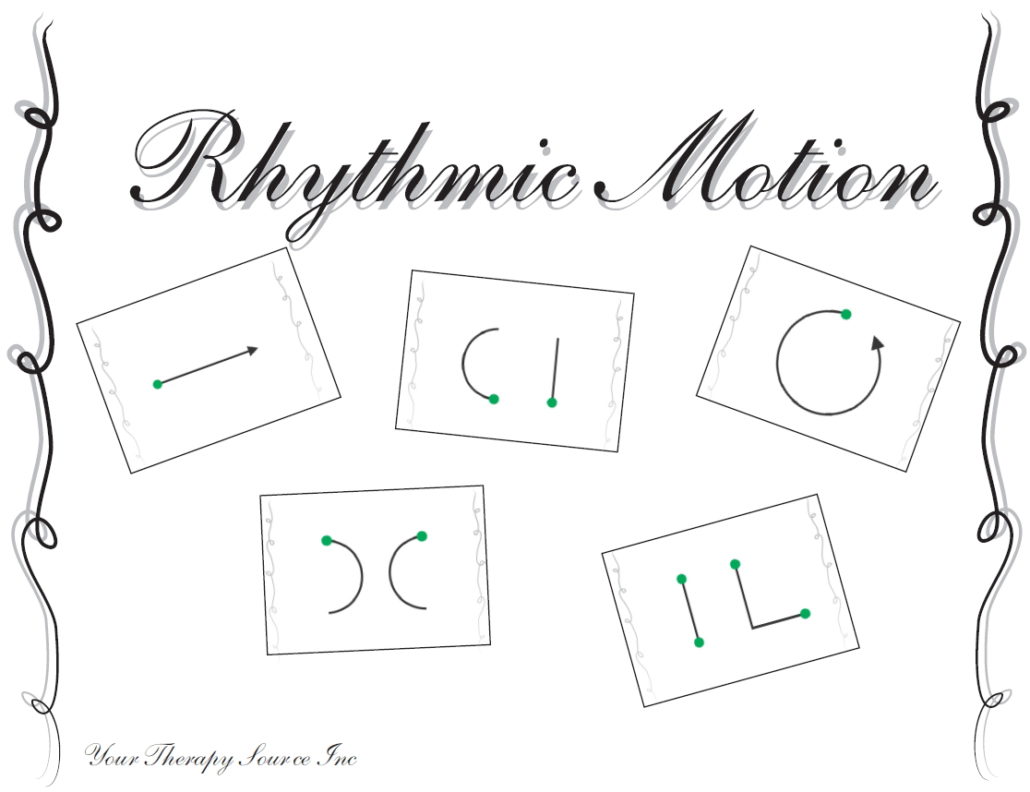Time Perception and Children with DCD
If you work with children who have development coordination disorder (DCD) or are at risk for DCD, you have probably noticed that there may be deficits in motor timing. A recent research study took a closer look at time perception and children with DCD.

Methodology
More than 60 children who were ages 6-7 years old and at risk for DCD, participated in a study to determine if there was an association between accurate time perception (which is important for hearing i.e. speech, music) and actions (walking, catching). Psychophysical tasks were completed by the children to investigate if they had nonmotor auditory time perception deficits.
There were two parts to the study:
- Each participant completed a series of trials to pinpoint which of two sounds was shorter in time or had an off-beat rhythm. The smallest time difference was recorded.
- EEG was used to measure the brain waves of the children as they listened to a sequence of sounds that had been tweaked to include occasional timing deviations.
Results of the Study on Time Perception and Children with DCD
Following data analysis the researchers determined the following:
- Psychophysical tasks confirmed that children with DCD or at risk for DCD have poorer duration and rhythm perception than typically developing children
- Electroencephalography showed delayed mismatch negativity or P3a event-related potential latency in response to duration or rhythm deviants, reflecting inefficient brain processing.
Conclusion
The researchers concluded that there is perceptual timing deficits in DCD. One researchers explained that “the results suggest that music with salient and regular beats could be used for physiotherapy to help treat children.” He also recommends further research to determine if auditory cueing with metronomes or musical beats would be beneficial for children with DCD.
References:
Andrew Chang, Yao‐Chuen Li, Jennifer F. Chan, Dobromir G. Dotov, John Cairney, Laurel J. Trainor. Inferior Auditory Time Perception in Children With Motor Difficulties. Child Development, 2021; DOI: 10.1111/cdev.13537
McMaster University. (2021, February 5). Link found between time perception, risk for developmental coordination disorder. ScienceDaily. Retrieved July 4, 2021 from www.sciencedaily.com/releases/2021/02/210205121247.htm
Resources to Help with Motor Timing
Rhythmic Motion is a collection of single and double motion cards to follow using your hands, feet or ribbon sticks. Practice following directional cues, reinforce positional words (right, left, across, up, down, etc) and move to the beat.



